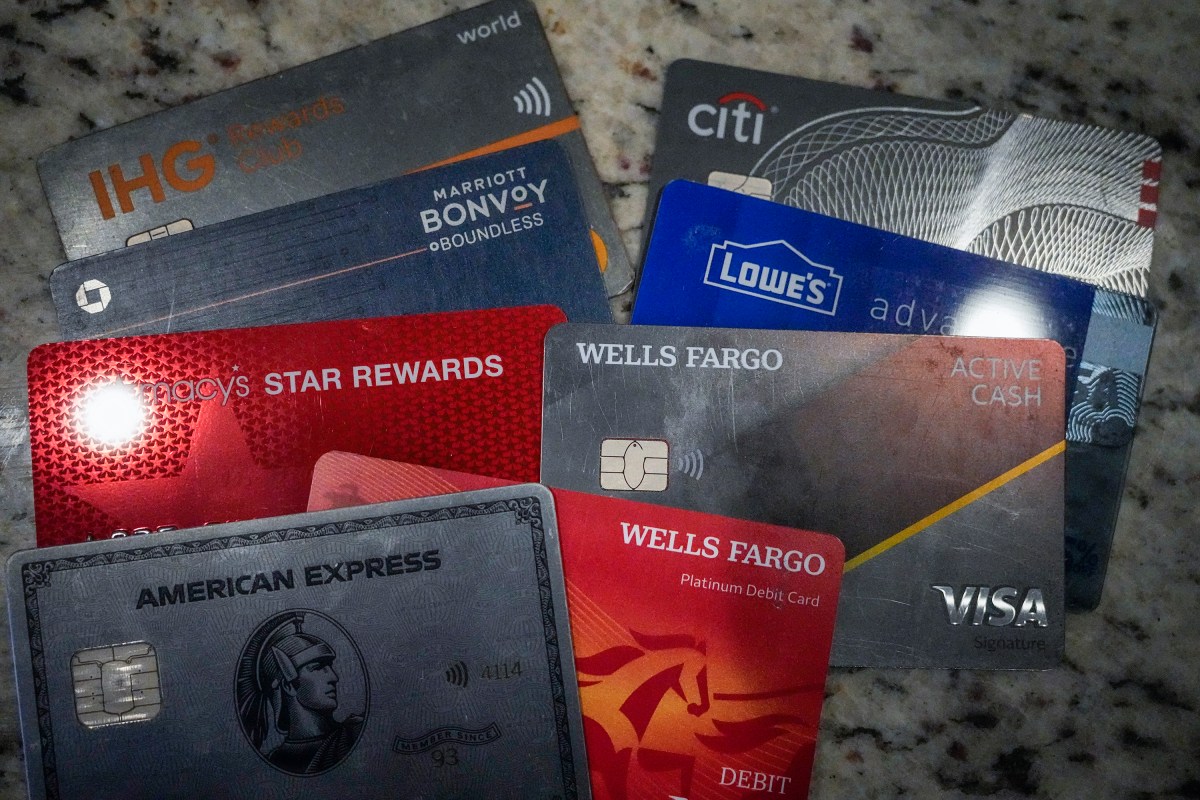FILE – A variety of credit cards are shown on Jan. 18, 2024, in Atlanta. Seriously overdue credit card debt is at the highest level in 14 years, and people 35 and under are struggling more than other age groups to pay their bills. (AP Photo/Mike Stewart, File)
Seriously overdue credit card debt is at the highest level in more than a decade, and people 35 and under are struggling more than other age groups to pay their bills.
The share of credit card debt that’s severely delinquent, defined as being more than 90 days overdue, rose to 10.7% during the first quarter of 2024, according to the Federal Reserve Bank of New York. A year ago, just 8.2% of credit card debt was severely delinquent.
If you’re experiencing delinquency, or at risk of it, experts advise speaking with a nonprofit credit counselor and negotiating with your creditors directly. Here’s what you should know:
WHAT SHOULD I DO IF I’M AT RISK OF DELINQUENCY?
Bruce McClary, senior vice president at the National Foundation for Credit Counseling, says that anyone at risk of delinquency should reach out as soon as possible for help from a nonprofit credit counselor, some of whom can be found through his organization. The consultation is free, and a non-judgmental counselor can give guidance towards a long-term solution.
Nonprofits can also help create debt management plans that have lower interest rates, no late fees, and a single payment each month, McClary said. These plans may come with maintenance fees, which vary, but the fees are offset by the overall savings on the debt. McClary urged borrowers to be careful of scammers and for-profit debt consolidation companies, which often charge much higher fees than nonprofit organizations. The Consumer Financial Protection Bureau has a helpful breakdown comparing the two.
Martin Lynch, president of the Financial Counseling Association of America, echoed this advice.
“Taking that first step and contacting a counselor is…
Read the full article here

Leave a Reply